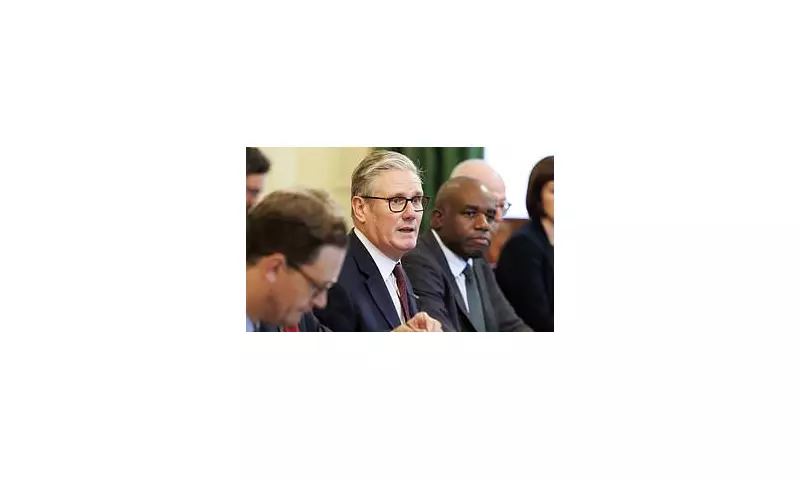
In a dramatic political climbdown, Labour leader Sir Keir Starmer has strategically abandoned a key pledge to impose tariffs on British steel exports destined for the United States. The policy reversal is a direct and calculated concession to former President Donald Trump's protectionist 'America First' trade agenda.
A Strategic Retreat on Trade Policy
The original Labour stance, which threatened retaliatory tariffs, has been completely shelved. Shadow Trade Secretary Nick Thomas-Symonds confirmed the significant U-turn, stating the party would not mirror the aggressive tariff strategy championed by Trump. This move is widely seen as a preemptive effort to avoid provoking a damaging transatlantic trade war should Trump secure a second term in the White House.
The decision underscores a fundamental shift in Labour's approach, prioritising economic stability and diplomatic relations over ideological opposition to Trump's policies. A party insider revealed the strategy is to "de-escalate and seek areas of cooperation" rather than engage in a tit-for-tat tariff exchange that would harm UK manufacturers.
The Ghost of the EU Steel Tariff War
The policy reversal is particularly striking given recent history. The Labour Party had vehemently criticised the Trump administration's 2018 decision to slap a hefty 25% tariff on steel imports from the EU and UK, a move that severely impacted British industry.
Now, fearing a repeat and potentially worse measures, Labour's leadership is opting for a conciliatory path. The party believes that open confrontation would be a losing battle for UK steel exports, which rely heavily on the American market.
Industry Reaction and Political Fallout
The reaction from the UK's beleaguered steel sector is one of cautious relief. Industry executives have warned for months that a transatlantic tariff war would be catastrophic, potentially sounding the death knell for major plants and thousands of jobs.
However, the political fallout is inevitable. Critics and political opponents are already labelling it a "humiliating surrender" to Trump, accusing Starmer of weakness and a lack of conviction. They argue that the leader is abandoning a principled position for political expediency ahead of a potential Trump return to power.
This major policy shift signals that a future Labour government would pursue a radically different, more pragmatic trade relationship with the US, one defined by caution and compromise rather than confrontation.






